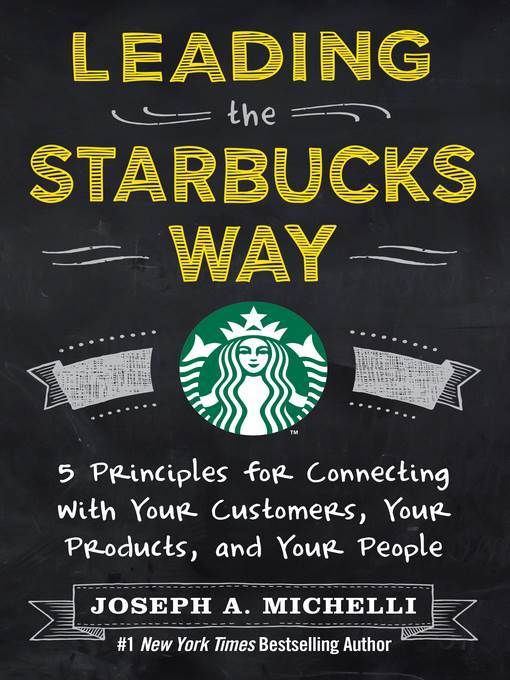
Leading the Starbucks Way
5 Principles for Connecting with Your Customers, Your Products and Your People
کتاب های مرتبط
- اطلاعات
- نقد و بررسی
- دیدگاه کاربران
نقد و بررسی

July 29, 2013
In this follow-up to The Starbucks Experience, organizational consultant Michelli returns to the ubiquitous chain for a side order of business lessons. First, he presents the key principles that allowed Starbucks to grow from a single coffee shop to a chain with more than 18,000 locations: “Savor and Elevate”; “Love to be Loved”; “Reach for Common Ground”; “Mobilize the Connection”; and “Cherish and Challenge Your Legacy.” Next, he explains how to apply those principles to any type of business, using a series of leading questions, as well as “Connecting Points,” which guide the reader to implement those principles in his or her own organization. Though Starbucks is widely seen as a corporate giant, the chain makes an effort to be a good neighbor in each community in which it operates, according to Michelli. In addition, the company adapts to global markets, resulting in specialty beverages such as Azuki Matcha Frappucino with matcha green tea and sweet red beans in Japan and Murg Tikka, a chicken dish sold at stores in India. An accessible and practical guide to corporate success.

July 15, 2013
Organizational consultant Michelli (The Zappos Experience: 5 Principles to Inspire, Engage, and WOW, 2011, etc.) serves up a new helping of the recipe for business success he offered in The Starbucks Experience (2006). The author aims to show how the coffee company's turnaround since the recession exemplifies his five new principles: Savor and Elevate, Love to be Loved, Reach for the Common Grounds, Mobilize the Connection, Cherish and Challenge Your Legacy. They're definitely new, since they're quite different from the previous five: Make it Your Own, Everything Matters, Surprise and Delight, Embrace Resistance, Leave Your Mark. Some of the author's elaborations may seem a bit distant from the normal routines of business practice, as when he discusses how "great brands transcend specific product features and benefits and penetrate people's emotions," or recommends ways to develop "emotional connections to your product." In 1991, Starbucks employees were rebranded and are now called "partners." They are encouraged to develop their attitudes and learning through "coffee passport" training sessions that enable them to mount the degrees of the barista profession much as a martial arts contender acquires new colors of belts. First, they ascend to "coffee master," a rank with a black apron, then rise further to "coffee ambassador" and a brown one, presumably well-trained to assume their "customer-facing coffee preparer role." These are the sorts of practices preferred for CEO Howard Schultz's "corporate rituals and bonds." More concretely, the company has proven adept, according to Michelli, at encouraging its patrons to pay for their purchases in advance through rewards and loyalty programs and gift certificate offerings. The company has developed cellphone apps, QR readers and other innovative payment methods, all the better to facilitate targeted marketing that "integrate[s] emotional drivers from game theory into the ways they engage customers through their mobile devices." Not much about profit or productivity but plenty about what it takes this massively successful company to put together its mixture of hot water, coffee beans and milk.
COPYRIGHT(2013) Kirkus Reviews, ALL RIGHTS RESERVED.

























دیدگاه کاربران